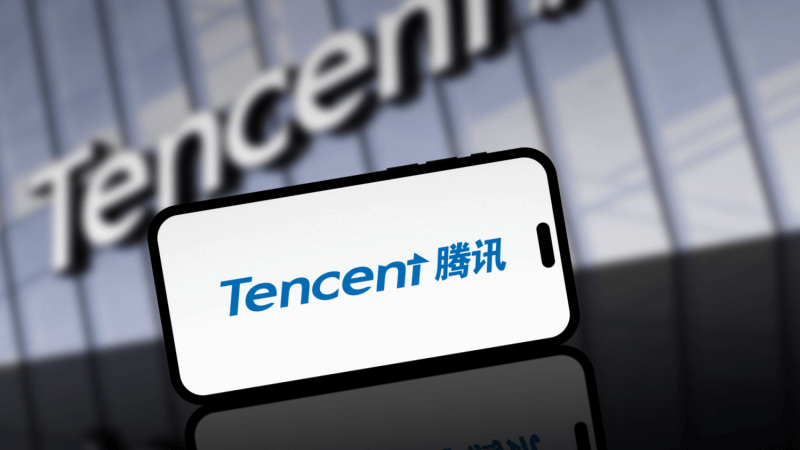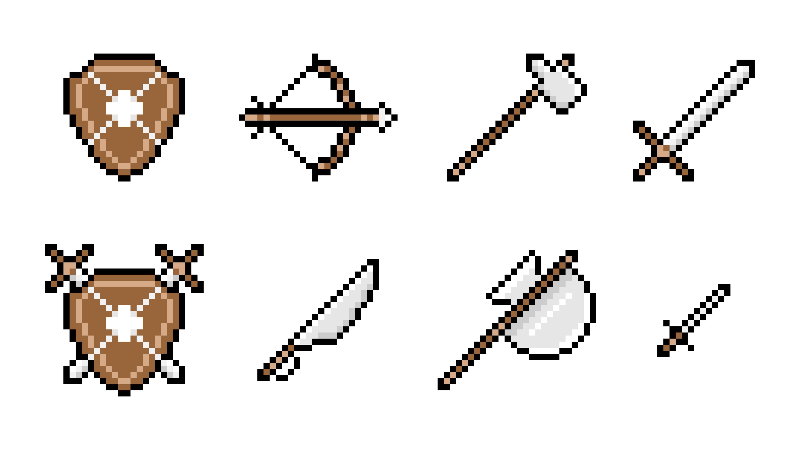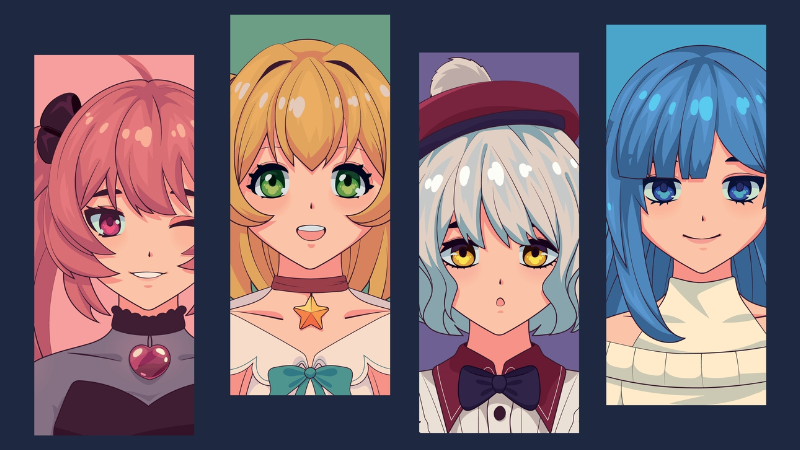Is your game owned by Tencent?

By Karl Zimmerman | July 30th, 2024 | Categories: Others
First, let’s take a look at the top 10 video games in 2023 worldwide:
- The Legend of Zelda: Tears of the Kingdom
- Hogwarts Legacy
- Elden Ring
- Call of Duty: Modern Warfare II
- Fortnite
- Genshin Impact
- League of Legends
- Roblox
- Apex Legends
- PUBG Mobile
And here’s Tencent’s ownership:
- Fortnite – Partially owned (40% stake in Epic Games)
- League of Legends – Fully owned (Riot Games)
- PUBG Mobile – Partially owned (developed by Tencent’s subsidiary, Tencent Games)
- Genshin Impact – Developed by miHoYo. Genshin Impact is available on Tencent’s MyApp Android store in China. While Tencent does not own the game, the cooperation agreement with miHoYo includes revenue-sharing arrangements where Tencent receives a cut from sales on its store.
In summary, out of the top 10 video games in 2023, Tencent has full or partial ownership of 3 games, and receives a share of the revenue from Genshin Impact through its distribution partnership.
Table of Contents
World’s Second Largest Video Game Company
In 2023, the annual revenue of Tencent Interactive Entertainment reached $25.5 billion, approximately 85% of its top rival Sony Interactive Entertainment, making it the world’s second-biggest video game company by revenue. This isn’t exactly news: Tencent already became the second-largest video game company in the world by revenue six years ago, back in 2018.
While Sony gains a big chunk of revenue from its hardware sales, including PlayStation 4/5, accessories, and VR headsets, only 25% of its yearly revenue comes from digital games, DLC, and in-game purchases. Tencent’s Entertainment division, however, gains 80% of its revenue from mobile and PC games.
So how did Tencent become the world’s second-biggest video game company?
The answer is: acquisition.
Tencent acquired significant stakes in leading game companies like Riot Games (100% ownership of “League of Legends”), Supercell (84.3% of “Clash of Clans”), and Epic Games (40% of “Fortnite”). These investments brought highly popular and profitable games under Tencent’s umbrella, significantly boosting its market share and revenue.
What Games does Tencent Own
Here’s a complete list of the games that Tencent own or partially own:
| Game Name | Developer Company | Year of Acquire | Current Share % | Country | Revenue/Worth |
| League of Legends | Riot Games | 2011 | 100% | USA | $1.75 billion (2022) (TechNode) |
| Clash of Clans | Supercell | 2016 | 84.30% | Finland | $1.4 billion (2021) (TechNode) |
| PlayerUnknown’s Battlegrounds | Bluehole | 2017 | 11.50% | South Korea | $1.5 billion (2022) (TechNode) |
| Path of Exile | Grinding Gear Games | 2018 | 80% | New Zealand | $108 million (2021) (TechNode) |
| Fortnite | Epic Games | 2012 | 40% | USA | $5.8 billion (2022) (TechNode) |
| Call of Duty: Mobile | Activision Blizzard | 2013 | 5% | USA | $1 billion (2021) (TechNode) |
| Black Desert Online | Kakao | 2018 | 13.50% | South Korea | $1 billion (2021) (TechNode) |
| Warhammer: Vermintide 2 | Fatshark | 2019 | 36% | Sweden | $75 million (2022) (TechNode) |
| Elite Dangerous | Frontier Developments | 2017 | 9% | UK | $100 million (2021) (TechNode) |
| Cities: Skylines | Paradox Interactive | 2016 | 5% | Sweden | $20 million (2021) (TechNode) |
| Conan Exiles | Funcom | 2020 | 29% | Norway | $65 million (2021) (TechNode) |
| Ring of Elysium | Tencent | 2018 | 100% | China | $20 million (2022) (TechNode) |
| Crossfire | Smilegate | 2008 | Publishing Rights | South Korea | $12 billion lifetime (2018) (TechNode) |
| Honor of Kings | TiMi Studios (Tencent) | 2015 | 100% | China | $10.7 billion (2024) (TechNode) |
| Arena of Valor | TiMi Studios (Tencent) | 2016 | 100% | China | $140 million (2018) (TechNode) |
| Moonlight Blade | Tencent Games | 2015 | 100% | China | $100 million (2021) (TechNode) |
| Chess Rush | Tencent | 2019 | 100% | China | $15 million (2022) (TechNode) |
| The King of Fighters Destiny | Yinhan Games | 2017 | Publishing Rights | China | $10 million (2021) (TechNode) |
| Warframe | Digital Extremes (under Leyou) | 2020 | 100% | Canada | $80 million (2021) (TechNode) |
| Gears Tactics | Splash Damage (under Leyou) | 2020 | 100% | UK | $50 million (2021) (TechNode) |
| Miniclip | Miniclip | 2015 | Majority Stake | Switzerland | $50 million (2022) (TechNode) |
| Roblox | Roblox Corporation | 2020 | Undisclosed | USA | $2.2 billion (2021) (TechNode) |
| Sumo Digital | Sumo Group | 2021 | 100% | UK | $1.28 billion (2021) (TechNode) |
| Sharkmob | Sharkmob | 2019 | 100% | Sweden | $10 million (2021) (TechNode) |
| Yager | Yager | 2020 | Undisclosed | Germany | $20 million (2022) (TechNode) |
| Klei Entertainment | Klei Entertainment | 2021 | Majority Stake | Canada | $10 million (2021) (TechNode) |
Only three of all these games were developed by the company itself. All the other game titles come from the developer companies it acquired as early as 2008.
Money is the power here. But not as simple as that.
Diverse Acquisition
From the table, you can see that their acquisition involves a diverse portfolio that includes various genres and platforms: From mobile games like “Honor of Kings” and “PUBG Mobile” to PC and console games like “Fortnite” and “League of Legends,” Tencent covers a wide range of player interests, which helps secure a large user base and consistent revenue streams.
And it’s not just the game genre, Tencent expanded its market presence internationally through both acquisitions and partnerships. By investing in companies outside of China and collaborating with global developers, Tencent penetrated new markets and leveraged international gaming trends, enhancing its global footprint.
And lastly, Monetization Strategies. Tencent has mastered various monetization strategies, including in-app purchases, subscriptions, and advertising. Its games are designed to encourage microtransactions, which significantly boost revenue. This, combined with its ability to scale these models across its vast user base, has contributed to its financial success in the gaming sector.















Thank you for pointing this out and for your careful fact-checking! We appreciate your attention to detail. We’ve updated our information 😊
Thank you again for bringing this to our attention!
Where is your source that:
“Genshin Impact – Partially owned (miHoYo has some investment from Tencent)”
Tencent don’t partially own Genshin or mihoyo. They tried to purchase mihoyo sometime in 2020 but was rejected by the founders of mihoyo. If you can even provide a source that Tencent invested in mihoyo know that investor and shareholder is a different thing. The former doesn’t have any power to dictate the company unlike the latter which compelles the company to make profit for shareholders interest.
The only involvement of Tencent is when Epic Games finally approved of Genshin to be hosted on their platform.
This website is full of misinformation and you are the only website saying so.